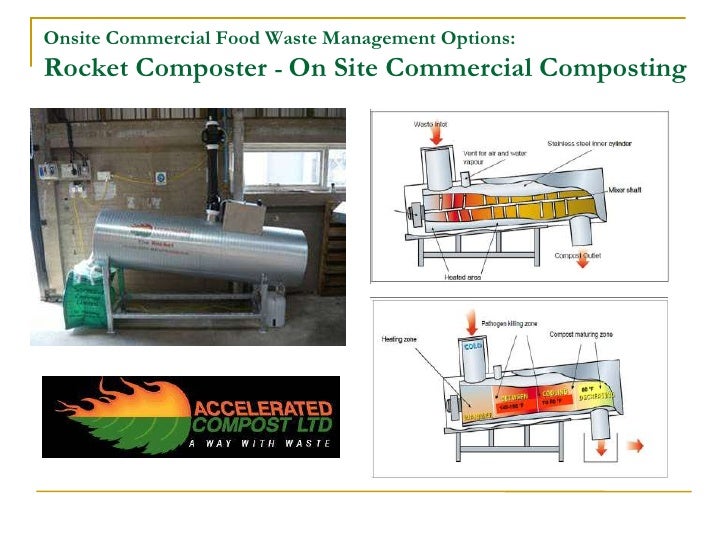Project Name: 3-Step Organic compost
Project Mentor
Professor Linda Araya - Professor of General Biology. I am interested in conservation and anything that can reduce waste including organic matter that is often thrown into landfill. My interests include computational evolutionary biology, ecology, reptiles, and living by the “5 R’s” (Refuse, Reduce, Reuse, Recycle, and Rot). One of the goals of this project is to use our system to maximize the nutritional value of our compost. Any students interested in participating in this research are highly encouraged to contact us!
Project Members
_______________
Goal: To create usable soil from waste products commonly found in kitchens around the world.
Location:
Our meetings take place Monday-Thursday from 10 am to 3 pm. We meet at Bergen Community college, exact location of project TBA.
Tools:
"Vega-Watt" - A device sold in order to cut down on the wasteful used oil that is commonly thrown away in the majority of restaurants. This device breaks down the used oil in order to create both electricity and hot water. This is through a four-stage cleaning process where the used oil is put through a series of filters that treat the oil in order to transfer it to a generator.
 |
| Via People Powered Machines |
"Rocket Composter" - A quick way to break down organic materials into compost. This machine was created by Tiny Planet. It gets extremely hot and spins the waste, making the composting process go faster than if it was left to naturally break down.
 |
| Via Environmental Services Inc. |
"Red Wiggler Worms" E. Fetida. - These are a species of worm native to Europe that live above the soil. They are capable of consuming their own body weight in decaying materials a day.
 |
| Via Wikipedia |
Our Steps:
Step One) Use the VegaWatt to reuse old oil, generating electricity for our Rocket Composter.
 |
| Via On-Set Comp |
Step Two) Now that the Rocket Composter has power, we can use waste products from the same kitchen in order to break down compost.
 |
| Via SlideShare |
Step Three) After the composting process, the soil is still not quite ready to house plants. Thus, the worms are added. The worms are able to eat a lot more than they usually would thanks to the compost pile being already kick-started for them.
 |
| Via Worms Ect |
In the end, we will (hopefully) end up with healthy soil that can be used for plants, and less waste in the long run! Compared to regular composting, this is much faster. We can also see if this soil we created is any better than commercially sold soil.
No comments:
Post a Comment